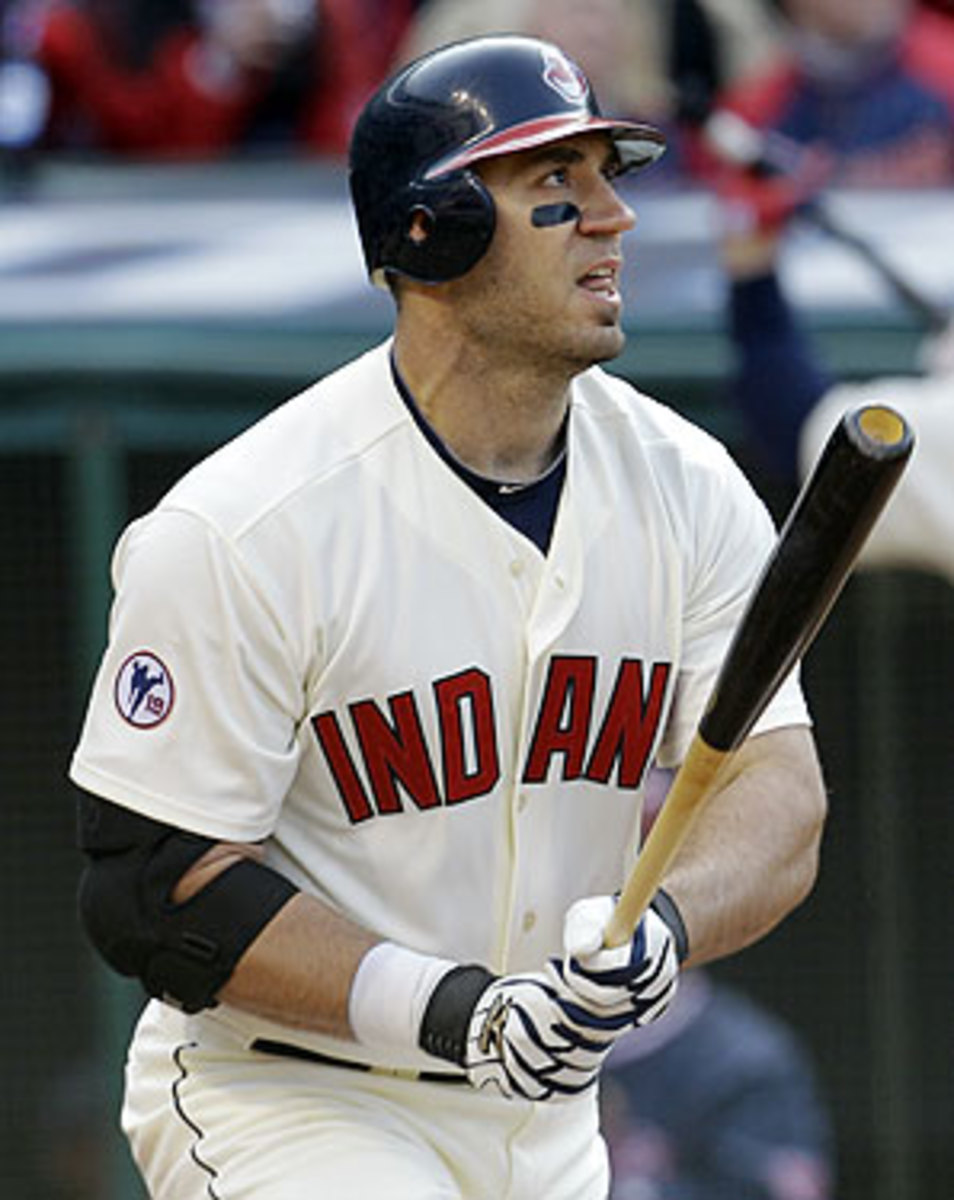
Fast or slow, how a team starts not often how it finishes
Wednesday, Joe Posnanski reminded us that the most important thing about a team's performance through 16 games is...that it's through 16 games. That may be a full NFL season -- you remember the NFL, right? -- but it's a drop in the bucket for a baseball team: two weeks, three starts for pitchers, 50 at-bats for the hitters, a couple of save opportunities for the closers.
As Joe pointed out, we've seen a lot of teams open up with big runs in recent years. The 2009 Marlins were 11-1, and finished 87-75 and out of the NL East and wild card races. The 2009 Blue Jays were 10-4 and peaked at 23-12 before fading all the way to 75-87. The Orioles, who opened up this year 6-1 before losing eight in a row, have made a habit of this kind of thing over the last decade. Even Royals fans, no doubt excited by their 11-7 record, have to keep in mind a 2003 team that was 14-3 three eight years ago today -- and under .500 by June 4.
It's not like a surprisingly good start is never a positive indicator. Sometimes teams herald a big year by getting out of the gate like gangbusters. Last year's Padres, picked by no one to contend, broke out 11-6 and 15-8 on their way to 90 wins and a final-day elimination. At least one writer -- this one -- spent the winter picking his predictions of imminent doom for the Pads out of his teeth. The 2005 White Sox won 16 of their first 20 games in going wire-to-wire in the AL Central, eventually winning the World Series by going 11-1 in the postseason. The 2001 Mariners, written off after the departure or trade of the stars of their 1990s teams, kicked off the Ichiro Era 11-3 and 20-4 on their way to equaling the most regular-season wins of any team ever, finishing 116-46.
Those teams are why we want to believe in the Indians at 13-5. The problem is that those teams are half the story. The other half includes tales like the 2006 Astros, 15-6 and 19-9 on their way to...82-80. The 2002 Pirates, then just halfway into their 17-year streak of sub-.500 finishes, started out 12-5 and spent most of April in first place. They lost 37 of their next 57 and finished 72-89. The 2001 Twins came off four losing seasons to start 200114-3 on their way to a 55-32 mark at the All-Star break, but fell apart after that to finish 85-77 and six games out.
Great starts are a mixed bag. So are poor ones. Joe noted that the Yankees have been out of playoff position more than they've been in it after 16 games the past few years. The 2005 Yankees were 7-9 after 16 games on their way to 11-19. They won 95 games and their eighth consecutive AL East crown. You may recall the late-season charges that sent the 2007 and 2009 Rockies to the playoffs. The '07 team started 7-11 and 9-15, and the '09 team was even worse: 5-11 on the way to getting manager Clint Hurdle fired before turning it around. Even a big deficit doesn't necessarily herald doom. On April 23, 2002, the Angels lost 1-0 to the Mariners to fall to 6-14 and a whopping 10½ games behind Seattle, which was off to a 17-4 start. Ask Giants fans -- or a generation of Orange County toddlers enamored by a hyperactive simian -- how that season ended.
This year's Twins, further from first place than any other teams in the game, have plenty of time to get back into the race. Then again, Minnesota doesn't need to learn from another team's history. The biggest surprise champion in the last 25 years was coming off a last-place finish and started the year 2-9 and 4-10. They were as far back as 7½ games out in May. They didn't get over .500 for the first time until May 12 and were under that mark as late as June 1. The 1991 Twins, though, burned through the league over the final four months, wiped out the Blue Jays in the ALCS and beat the Braves in the World Series to go from worst to first.
The lesson? Nothing that's happened so far -- not the Indians' successes, the Twins' failures or anything in between -- has set the destiny for any team. Don't print those playoff tickets, don't fire that manager and, especially, don't panic.
For more from Joe Sheehan, read his newsletter or follow him on Twitter.





